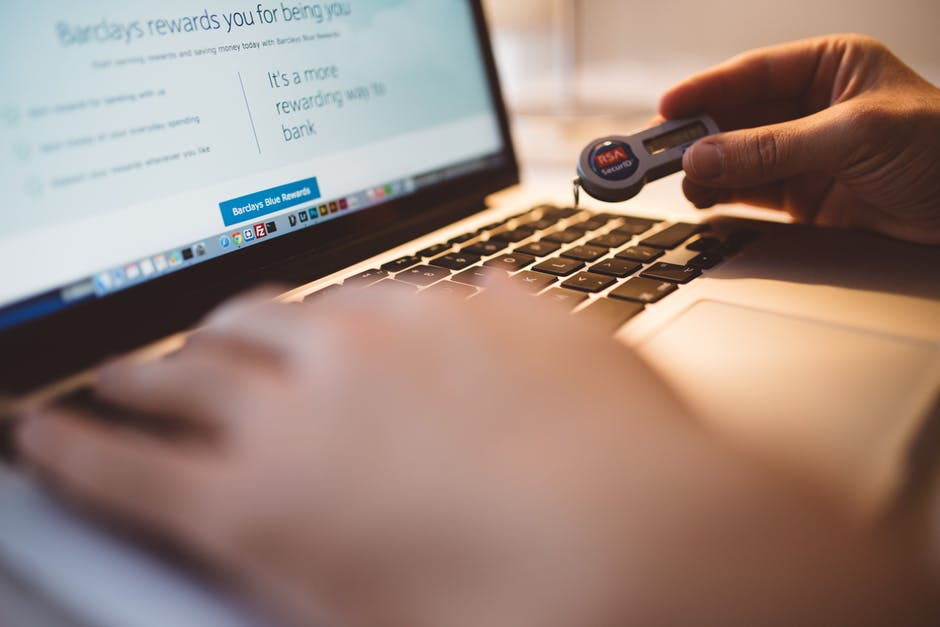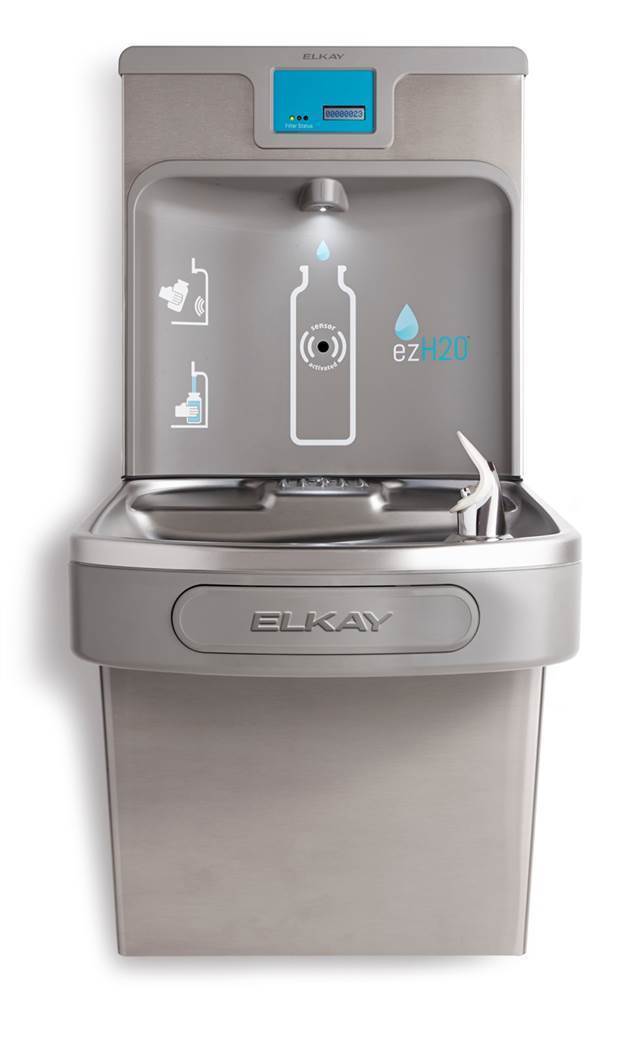One of the most important things to keep in mind when operating a computer is how you plan to stay safe. Staying safe is largely automated now thanks to improved security systems, and even our web browsers have a small scanner that can detect some of the most common viruses and spyware, giving us a warning before we open or even download a file. Some websites are even blacklisted after they’re reported for having malicious content or infected files. Cloud computing and public / private hybrid cloud services are increasingly used in order to improve scalability. More companies are recognising the threats that exist and are constantly developing which can pose great risk to their cloud based data services, adapting multi-cloud security solutions has become a non negotiable for a great number of these businesses. Multi-cloud security is the go-to strategy for businesses that require the agility and scalability of the cloud while also managing risk.
This all adds up to making the web browsing experience safe, seamless and carefree. However, there are still some unique ways to catch a virus, and it only takes a single file to destroy an entire office’s network infrastructure. The damage could be widespread and there’s a chance that it could completely cripple your business if you don’t have sufficient backups. With all the online threats, you will need some top notched security on your side. 4D Data Centres will provide ultra-fast connectivity, business focused cloud and cyber solutions to organizations around the world.
If you want to avoid this happening in the future, then you need to be prepared. You need to teach your staff good habits, you need to have the right business cyber security infrastructure to combat threats, and you also need a continuity plan to help you recover from any data or information loss. After this, you also need a good public relations team to deal with the aftermath of any potential data loss, and you also need to strengthen your systems for future attacks.
Since good security habits start from you, we’ve compiled a list of healthy habits that will keep your company safe and guarded against any potential security threats. You hear and read about data breaches and corporations having information leaked all the time. You could look into hard drive destruction uk or anywhere else in the world. This list applies to virtually any business, be it an international company or just a simple at-home startup.
Minimizing your risk of becoming a target
Hackers pick their targets based on research. If it’s discovered that your company is using outdated software, then there’s a chance that your outdated software contains some vulnerability issues that can be exploited by hackers. To prevent this, make sure you’re constantly updating your software to stamp out any kind of back doors or weak points. Additionally, if you rely on mobile applications, be sure to use Secure applications source code solutions to prevent these from being successfully attacked. Smoothly integrate source code analysis into your software development cycle. Continuously analyze, detect and fix code vulnerabilities.
If they detect that you’re running an older version of some software, then they’ll do everything they can to steal your data and sell it to the highest bidder or release it to the public for the sake of money and fame. If you don’t want to be made into an example, then always look for ways to improve your security, never run outdated software, and always keep up with the latest exploits and vulnerabilities so you can plan accordingly.
Creating strong passwords
There are many ways that hackers discover passwords. The most common source would be social engineering. Perhaps one of your employees lets a password slip or maybe they manage to talk their way into using your phone or laptop for something trivial, only to download entire lists of passwords and user information for their own need. There are also many tools that help people break into systems and remove passwords. These are generally used by system administrators and for people who have forgotten their passwords but can also be abused to work for hackers and thieves.
Creating a strong password isn’t about entering random strings of numbers and symbols such as “$£$50aih90d”. In fact, a password like that has very low entropy despite being a garbled mess of characters. Password length is one of the most crucial factors when it comes to creating a strong password. Using a password like “ListBusinessLockDeviceHackerSecurity” is much better than using “$£$50aih90d”.
This is because if a hacker is using a brute-force method of cracking a password, there are far more letters and thus more combinations. It’s also slightly easier to remember because it’s like a phrase, as opposed to a jumbled mess. To give you an idea of how powerful this method is, “$£$50aih90d” will take roughly 5 years to crack whereas “ListBusinessLockDeviceHackerSecurity” would take 47 tredecillion years to crack.
Limiting accessibility
One of the most common ways for your office network to become infected is from your employees themselves. A common scenario is when one of your workers connects to an unsafe WIFI network to try and get the internet on their phone, accidentally downloads a malicious file, and once connected to your office network, they may accidentally run an app that spreads an infected file across your office network.
Another common scenario is if your staff are browsing questionable websites and accidentally click something that opens or downloads an infected file. That file can quickly spread across an entire network depending on how potent it is, and you may end up with a crippled business for several hours or even days.
To prevent this, make sure your employees have limited access. Ensure that they can’t run programs or files that aren’t specified by your system administrator, and have the right systems and server hardware in place that prevents files from spreading across your office network. You may need to remove local admin rights to prevent malware. Don’t get bit by Cryptolocker, Ransomware or other similar software you didn’t install for end-users by installing least privilege. 
Backup your data
Despite all the measures we take to try and reduce the number of attacks we face, you need to ensure that you’re always backing up your data so that in the event something does happen, you’re safe because you have a recent backup. Imagine if a virus cripples your server storage and you suddenly lose several weeks’ worth of work. For many businesses, this spells a very slow and painful death, but for a smart business that’s taken the right steps to prevent this, they can easily recuperate from such a disaster.
Cloud storage is perhaps the best way of backing up your data, but having several off-site storage locations can also be a wonderful way to prevent your data from being lost to hackers or destroyed by corrupted hardware. It might seem costly, but it’s worth every penny to protect your data.
Lock devices
If your staff are given devices such as laptops, smartphones and tablets that contain sensitive business data, then ensure they are always locked and that they are kept safe from the public. It’s not uncommon for someone to steal a device from your employees and use it in conjunction with social engineering to gain access to files they shouldn’t be looking at.
An effective way to prevent this is to keep zero data on any laptop or smart device and instead, rely on cloud services instead. With this method, no actual data is stored on the device and thus your sensitive data and work cannot be accessed without an internet connection and without first logging into a secure server. This means that even if a device is stolen, the thief cannot possibly access your data without first knowing the password, and the only way they’ll do this is if your employee willingly gives it to them or does something ridiculous like writing down their username and password on the base of the laptop.
Multiple layers of defense
As you can see, business security demands multiple layers of defense and it’s not uncommon for companies to invest thousands into cyber security. This is warranted, however, because of how crucial that information is to your business. One small mistake could cost millions in damages, and most importantly it could ruin your business entirely. Make sure you’re protected with software and hardware firewalls and ensure that your staff are taught how to create strong passwords.
Train them to lock their devices and to always keep an eye out for their hardware when they’re traveling around. With some training, a bit of luck and a lot of preparation, it’s possible to run your business with minimal threat to your security.






One Comment
Holly Hooper
I just like the valuable information you provide to your articles. I’ll bookmark your weblog and take a look at once more here frequently. I’m reasonably certain I will be told many new stuff right right here! Best of luck for the following.